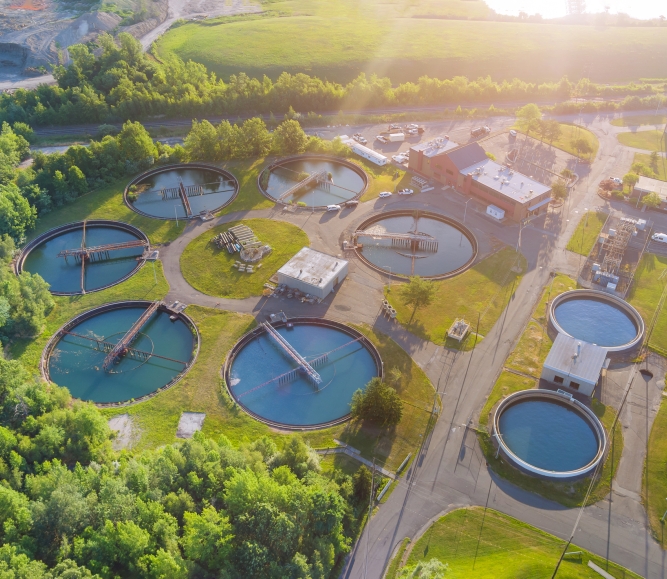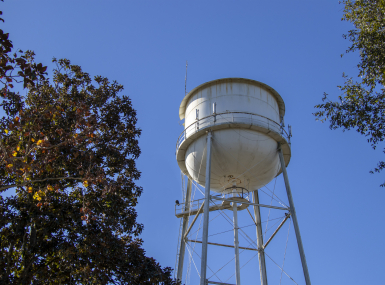U.S. Environmental Protection Agency announces it will uphold 2024 PFAS CERCLA rule
Author

Charlotte Mitchell Duyshart
Upcoming Events
Related News

Key Takeaways
On September 17, the U.S. Environmental Protection Agency (EPA) announced that the agency will uphold the 2024 rule designating two types of per-and polyfluoroalkyl substances (PFAS) as hazardous under the Comprehensive Environmental Response, Compensation, and Liability Act (CERCLA). This is a concerning action for counties as liability protections for passive receivers of PFAS such as counties and other local governments are not included in the rule.
Background
Counties are considered passive receivers of PFAS because the chemicals can be found in county owned infrastructure such as drinking water systems, wastewater treatment facilities and municipal solid waste landfills even though counties do not produce PFAS chemicals or release them into the environment.
Impact of 2024 CERCLA rule for counties
The 2024 CERCLA rule authorized EPA to investigate releases of hazardous PFAS chemicals into the environment and compel responsible parties, including owners and operators of facilities and vessels, to clean up contaminated sites or to reimburse EPA for the cost of cleanup. Responsible parties are also able to sue other parties they believe to be responsible for contamination, such as counties, to recover cleanup costs.
The enforcement discretion policy that EPA issued alongside the CERCLA rule does not provide explicit protection for passive receivers as it does not prevent other responsible parties from suing county governments to recover cleanup costs. While EPA stated that enforcement actions would focus on manufacturers of PFAS and not passive receivers, the enforcement discretion policy is not legally binding and could be changed in the future. If liability protection is not given to passive receivers, counties may still face exposure to legal liability for the cleanup of PFAS contamination.
Next steps for counties
Legislation is needed to codify liability protections for counties and other passive receivers of PFAS. Counties should urge their members of Congress to provide passive receivers with the necessary liability relief. If not granted an exemption, counties could be forced to pay for the cleanup of substances in which they had no role in the creation or distribution – shifting the ‘polluter pays’ principle of the law to a ‘community pays’ model, placing the burden of compliance and cleanup onto ratepayers and residents.
NACo will continue to advocate for legislation that ensures counties and local governments are explicitly recognized as passive receivers of PFAS and are provided a narrow liability exemption under CERCLA.
Additional resources
Advocacy
U.S. Environmental Protection Agency announces actions to combat PFAS contamination
On April 28, the U.S. Environmental Protection Agency (EPA) announced a new suite of upcoming actions to address contamination from per- and polyfluoroalkyl substances (PFAS). These measures, outlined by EPA Administrator Lee Zeldin, aim to strengthen scientific understanding, enhance enforcement and build partnerships with impacted communities, including counties and other local governments.


NACo sends letter urging reauthorization of Clean Water and Drinking Water State Revolving Funds
The Environmental Protection Agency (EPA) established the Clean Water and the Drinking Water State Revolving Funds (SRFs) programs to provide a predictable, long-term financing option for local drinking water and wastewater infrastructure projects.

Counties navigate control of siting, permitting for renewable energy
Local control is at risk where states see the opportunity to take the wheel on siting energy development projects.
